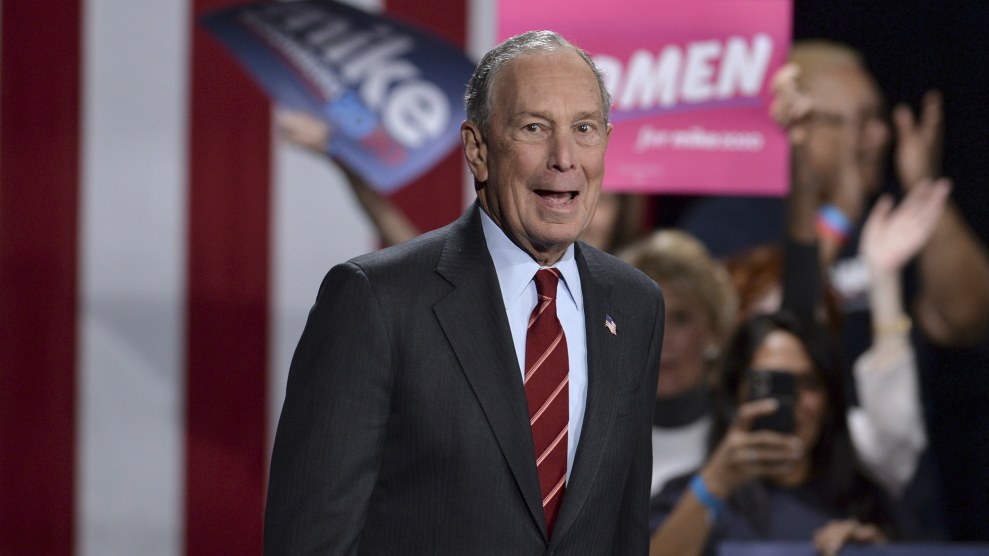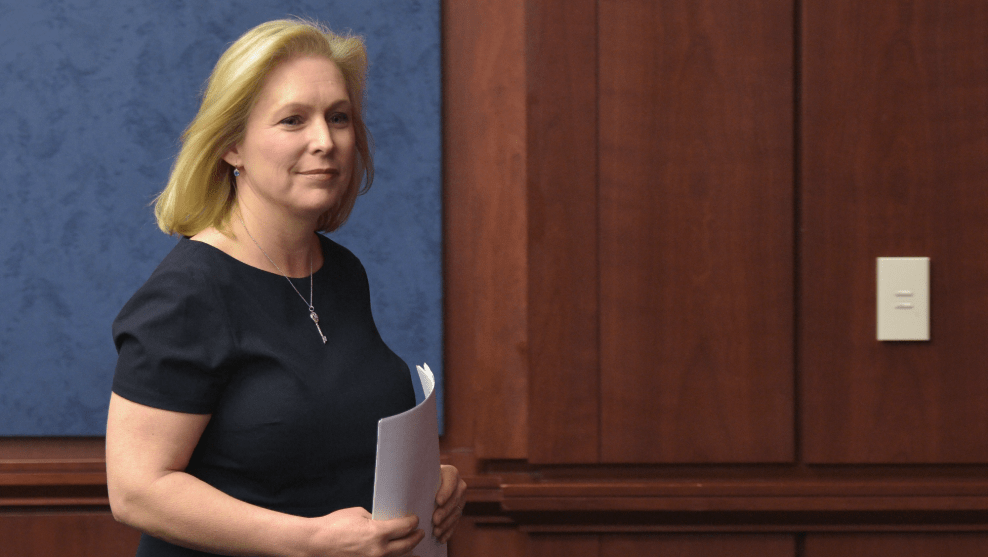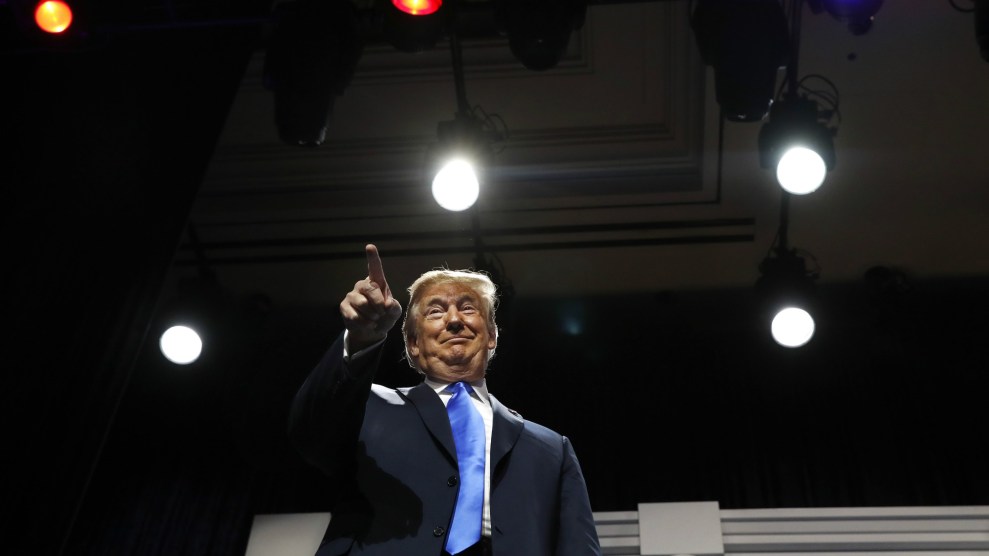On January 21, 2010, the Supreme Court opened the super-PAC era with its 5-4 ruling in the Citizens United case. While the decision left the limits on donations to politicians in place, it blew open caps on outside spending—money given to groups that campaign for or against candidates without officially being part of their campaigns. The decision led to a flood of spending by corporations and unions, as well as superwealthy donors who dropped more than $3 billion on super-PACs in the past decade. As a new report by Public Citizen finds, nearly half of that money came from a handful of people—including presidential candidates Tom Steyer and Michael Bloomberg.
Between 2010 and 2020, 25 donors (including couples) accounted for 47 percent of all super-PAC donations from individuals—$1.4 billion in total. At the top of the list were Republican megadonors Sheldon and Miriam Adelson, whose $292 million represented one tenth of all donations. Steyer ($255 million) and Bloomberg ($155 million) took the second and third spots, respectively. Liberal financier and conservative bogeyman George Soros was the tenth largest donor with $44 million.
Steyer, a hedge fund billionaire who is heavily self-funding his presidential run, says he would like to see Citizens United repealed. Bloomberg’s campaign site says he “has worked to eliminate the corrosive power of money in politics.” The former New York City mayor has said he will spend as much as $1 billion on the 2020 election.


















